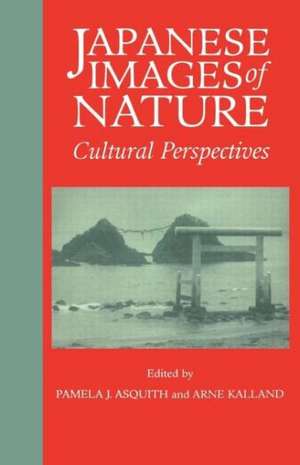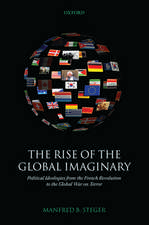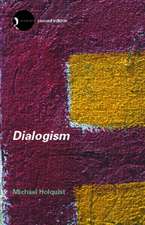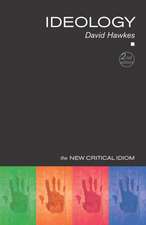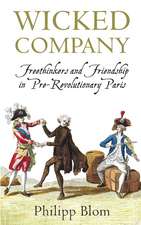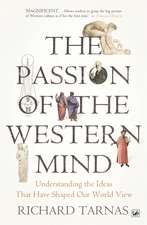Japanese Images of Nature: Cultural Perspectives: NIAS Man and Nature in Asia
Autor Pamela J. Asquith, Arne Kallanden Limba Engleză Paperback – 16 dec 1996
Preț: 565.01 lei
Preț vechi: 664.71 lei
-15% Nou
Puncte Express: 848
Preț estimativ în valută:
108.15€ • 117.51$ • 90.90£
108.15€ • 117.51$ • 90.90£
Carte tipărită la comandă
Livrare economică 22 aprilie-06 mai
Preluare comenzi: 021 569.72.76
Specificații
ISBN-13: 9780700704453
ISBN-10: 0700704450
Pagini: 302
Dimensiuni: 138 x 216 x 17 mm
Greutate: 0.36 kg
Ediția:1
Editura: Taylor & Francis
Colecția Routledge
Seria NIAS Man and Nature in Asia
Locul publicării:Oxford, United Kingdom
ISBN-10: 0700704450
Pagini: 302
Dimensiuni: 138 x 216 x 17 mm
Greutate: 0.36 kg
Ediția:1
Editura: Taylor & Francis
Colecția Routledge
Seria NIAS Man and Nature in Asia
Locul publicării:Oxford, United Kingdom
Recenzii
'Overall, "Japanese Images of Nature" is an interesting and insightful collection of essays on an important topic.' - Brendan Luyt, Journal of Contemporary Asia Publishers
Notă biografică
Pamela J. Asquith, Arne Kalland
Descriere
Documents the great diversity in how people perceive their natural environment and how they come to terms with nature, be it through brute force, rituals or idealization. The main message of the book is that 'nature' and the 'natural' are concepts very much conditioned by their context.
